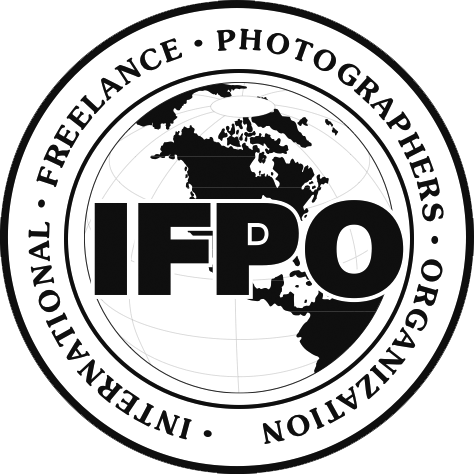Even though you may feel ready to conquer the world and may hold fantasies of reckless attempts to procure an award-winning photograph, a press photographer or journalist’s reputation is always based on their code of ethics.
Although getting the story is the ultimate goal for reporters and press photographers, ethical standards can make or break a career. As a press photographer, it is your duty to document newsworthy happenings—never altering circumstances or interfering with action to enhance your photographs. Your photos should tell a story just as it happened. Meeting the high standards of good press photography requires patience, determination, and a strong set of ethics. Never, ever include your opinion.
Obeying the following rules can make the difference between success and failure:
1. Arrive early—at least 45 minutes before the event begins. You need ample time in which to check in, ask for media guidelines, find the press area, check out the stage or facility lay-out and choose a vantage point.
2. Never show up for an event unprepared. Not only should you have all the proper equipment, you should have basic knowledge and understanding of the event. Do your homework! Know who and what is important and who is not.
3. Try to work with promoters and authorized officials rather than against them. You may require their services more often than you think. And the more cooperative you are, the more cooperative they are.
4. Conduct yourself in a professional manner at all times. Photographers who complain or cause problems are unlikely to be admitted again. Remember that you are a member of the press – not a spectator. Never bring any attention to yourself by asking for autographs or selfies with a celebrity. Be cautious about posting your work on social media, and watermark your photos to protect your work.
5. Don’t just start shooting. Take time to think about what you are covering. Taking the time to concentrate for even a few minutes can make the difference between a successful shoot and a wasted shoot.
6. Stay within the boundaries of the photographers’ area. Never interfere with the action, criticize a player or performer, or interrupt an authorized official. This could not only result in your dismissal from this particular event, but such action could prohibit future entry as well.
7. Have patience. Resist the urge to inconvenience other members of the press by changing spots. Your opportunity will come.
8. Although it can be necessary to fight for a good spot, always be courteous. You’ll find that other photographers are usually willing to share their space—if you offer them the same courtesy. Try your best to get along with ALL members of the press.
9. If you agree not to sell the photos commercially, do not break this agreement. Strictly adhere to the photographers’ code of ethics in all business matters. Know your rights as a photographer and follow them strictly.
10. Always clean up after yourself—battery wrappers, memory card cases, water bottles, food trays, etc. Respect your work environment.
11. Never photograph anyone in a compromising situation (backstage, locker rooms, etc.) unless it is a public figure in a public space which qualifies for news. Don’t abuse the privileges you have been granted.
12. Always live up to your obligations to promoters and publications. One major slip could alter your entire career history.
Remember that a solid, ethical code is more important than risking your safety (and the safety of others) for the one dream photograph that may or may not pan out. Take the sure way—always be prepared, obtain and use the proper press credentials. Be courteous to everyone (fellow photographers and journalists, the persons you photograph, and the officials). Eventually, your opportunity will arise to shoot predictable and consistently good photos. This will increase your marketability (and your income) considerably.
